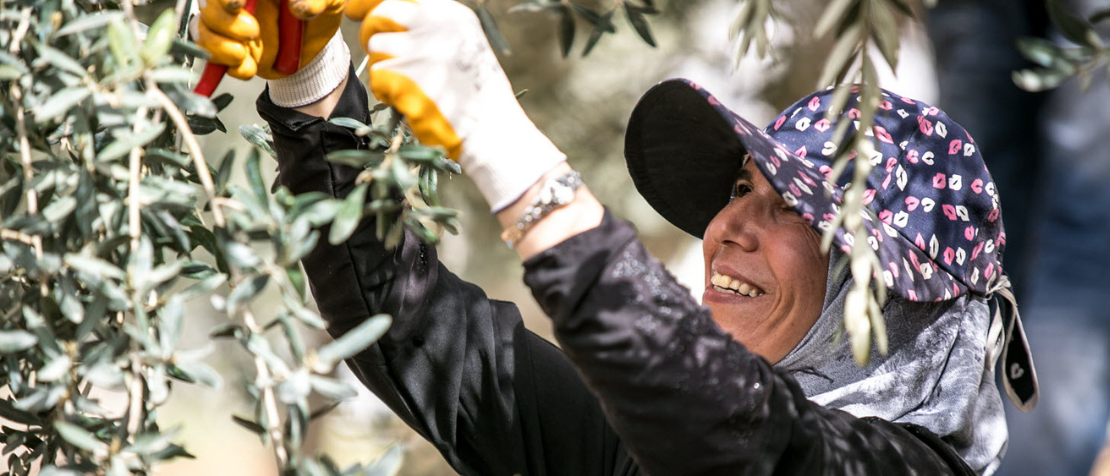UN advice for better prospects for rural women in Türkiye and Ukraine

©FAO/Carly Learson
Following the evidence-based analysis of gender in the regional response to the war in Ukraine published last year, the Regional Gender Task Force, the leading advocacy and information and coordination platform on gender in humanitarian action in Europe and Central Asia, has released a new gender brief on Ukrainian refugees’ livelihoods and access to work in neighbouring countries.
The brief is intended for use by decision-makers in humanitarian and development organizations, states, policymakers, and donors.
Based on secondary data review and interviews with key informants, the report found that most women refugees are underemployed. Refugees face substantial difficulties in having their professional qualifications recognized, which hinders their employability. Language remains a critical barrier and women increasingly bear the domestic care burden.
Refugees are uncertain about how long they will stay in the neighbouring countries, limiting their job options to temporary, often lower skilled and lower paid jobs. The lack of decent job prospects exacerbates the risk of gender-based violence, and among refugee women, Roma communities face additional discrimination. The report lists good practices and concludes with policy recommendations.
Recovering from a natural disaster
Meanwhile, recovery efforts in Türkiye are gaining traction after the massive earthquakes that hit the country on 6 February 2023. FAO, in partnership with the government, published a three-year response and recovery plan with an estimated budget of USD 112 million, directly benefiting approximately 700 000 people and over 850 enterprises in the affected areas.
Women, and women-led enterprises and cooperatives, play a key role in stimulating rural livelihoods and the economy, and FAO was supporting seven women-led cooperatives in the affected region before the earthquake. In addressing the specific needs of rural women in the recovery process, women-led cooperatives, including those supported by FAO, will play a critical role.
FAO seeks to ensure women’s access to productive assets, provide financial assistance, and create income-generating opportunities. The Organization and its partners are planning to actively engage women in skills development and recommend cash-for-work programmes where possible, acknowledging women’s pivotal role in rebuilding the economic and social life of the disaster-hit region.
“These interventions can contribute to the sustainable development of the rural areas, and fully integrate building back better approach into recovery actions, leaving no one behind,” commented Dono Abdurazakova, Senior Gender and Social Protection Adviser.
17 August 2023, Budapest, Hungary
